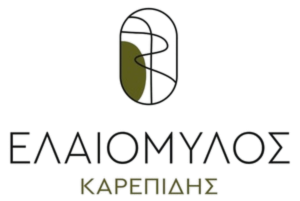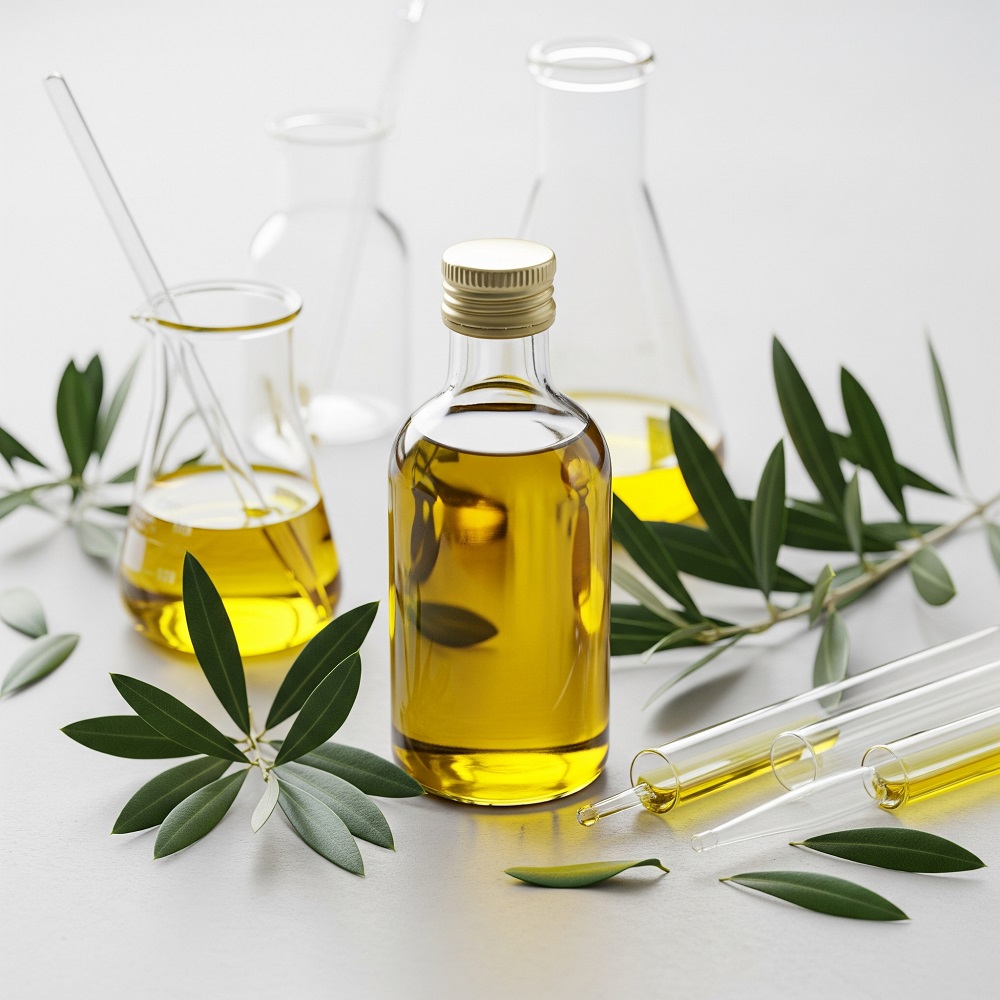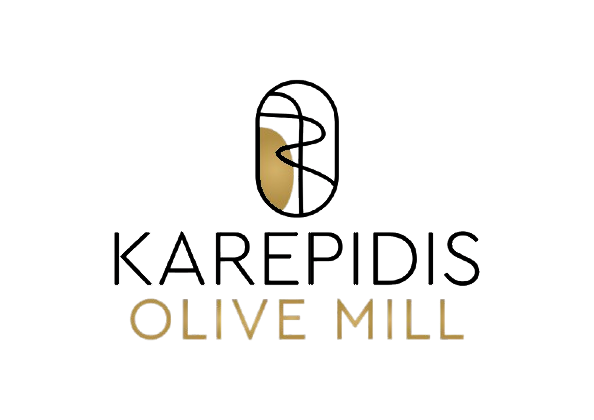

According to ancient Greek history, Poseidon, the god of the sea, and Athena, the goddess of peace and wisdom, argued over whose name would be given to the newly built city, on the territory of Attica. To stop this dispute, Zeus (the god of gods) decided that the city would be named after the one who would offer the most valuable gift to the citizens. Poseidon struck his trident on a rock and out came a horse that could carry a rider and his weapons, pull a chariot, and help them win battles. Athena struck her spear into the ground and turned it into an olive tree – a tree that was nutritious, healed wounds, colds, and never died. It was decided that the olive tree was more valuable to the people of Attica, so the new city was named Athens in honor of the goddess Athena. Even today, an olive tree stands at that spot according to legend. It is said that all the olive trees in Athens came from the first olive tree offered by Athena. According to Homer, the olive tree had been cultivated in Greece for over 10,000 years. For the ancient Greeks, the olive tree was a symbol of peace, wisdom, and triumph. An olive wreath was used to crown Olympic champions. Olive trees dominated the stony Greek countryside and became pillars of Greek society. They were so sacred that those who cut them down were sentenced to death or exile. In ancient Greece, olive oil was a necessary product and advanced ships were built in Greece just to transport it to trading points around the Mediterranean. Olive trees have an almost titanic resistance, a vital force that makes them almost immortal. Despite harsh winters and hot summers, they continue to grow, proud and strong towards the sky, yielding fruits that nourish and heal, inspire and amaze. The mild climatic conditions characterized by warm dry summers and rainy winters favor abundant harvests. Stone, drought, silence and solitude are the ideal habitat for the majestic olive tree.
Year after year, award after award, the quality of Ploumi olive oil is recognized in Greece and abroad.
With respect for the land and tradition, we continue to offer the best of nature.
Simplicity that touches perfection." bread, olives, oregano and Ploumi extra virgin olive oil. The taste of Greece in every bite.
Distinction in an international olive oil competition in New York
Olive Oil Tasting
Easy cake without a mixer with extra virgin olive oil Ploumi
200ml extra virgin olive oil (Ploumi)
200ml extra virgin olive oil (Ploumi)
4 eggs
1 vanilla
500gr self-rising flour
200 gr milk
Chocolate pieces of your choice (optional)
A little flour and olive oil for the mold
Icing sugar for the finish (optional)
Good luck!!!






Olive oil: The prerequisite for effective hydration and repair of the skin - New scientific study gives a clear answer
What a new study reveals about the effect of extra virgin olive oil storage conditions on its phenol content and its moisturizing and skin-repairing properties
What a new study reveals about the effect of extra virgin olive oil storage conditions on phenolic content and skin moisturizing and repairing properties Extra virgin olive oil (EVOO) offers many health benefits due to its high content of monounsaturated fatty acids and bioactive components, especially phenolic compounds. This makes it a key component of the Mediterranean diet. The abundance of oleic acid, which generally ranges from 55% to 83%, is the characteristic that distinguishes olive oil from other vegetable oils. Even the secondary components of olive oil have received great attention from the scientific and industrial world. The presence of antioxidant compounds in extra virgin olive oil is notable, as they play an important role in enhancing oxidative stability and extending shelf life. In general, bioactive compounds influence the characteristics of extra virgin olive oil, including product stability and sensory and organoleptic properties. In addition, polyphenols in extra virgin olive oil (EVOO) have been increasingly studied for their nutrigenomic and functional properties, which may help explain the beneficial health effects of the oil and its effectiveness in preventing chronic and degenerative diseases, such as metabolic syndrome and diabetes, cardiovascular diseases and cancer. Olive oil has also been widely investigated for its potential in wound healing, regeneration and skin hydration as its phenolic compounds show promising results. However, significant efforts are still needed to address variations in production and storage processes. These variations affect both the chemical composition and the organoleptic quality of the oil. For example, exposure to light is known to promote the hydrolysis of triacylglycerols and accelerate the degradation of important compounds such as phenols, significantly deteriorating the quality of EVOO. This degradation is also accompanied by the loss of other secondary components that contribute to its health benefits. For these reasons, to maintain the shelf life of the oil and its nutritional value, appropriate handling practices must be implemented throughout the supply chain and by consumers. In this context, a study published in the journal Foods aimed to evaluate the quality parameters of an extra virgin olive oil (EVOO) from Umbria, Italy, stored in light and dark conditions, simulating real conditions that occur during transportation, retail and home storage. In addition,evaluated the ability of phenolic extracts to promote wound healing in keratinocytes and endothelial cells. This study is the first to investigate the efficacy of polyphenols in wound healing in both skin and endothelial tissues. The researchers analyzed EVOO, which was delivered in a tin can and then dispensed into clear glass bottles, sealed with metal screw caps, minimizing the volume of the headspace. The oil in the tin can was analyzed immediately and used as the fresh, initial sample. The separated samples were stored in the light (L) or dark (D) and subjected to analytical monitoring after three, eight and twenty-four months. These samples were compared to fresh oil, which was analyzed immediately after opening the tin can. The findings revealed that improper storage significantly affects both the quality parameters regulated by the European Commission regulation and the aspects contributing to the health benefits and sensory properties of extra virgin olive oil. Exposure to light accelerated the oxidation of EVOO, significantly affecting the levels of peroxide, the total antioxidant capacity and the concentrations of phenolic compounds, especially secoiridoids, lignans and flavonoids. Statistically significant differences were recorded between the control sample and the others in almost all cases, after storage. For example, exposure to both light and darkness over a period of 24 months led to a notable reduction in oleocanthal, pinoresinol, luteolin and apigenin. The loss of phenolic compounds affected the wound healing properties of extra virgin olive oil (EVOO), affecting key tissue regeneration processes. It is worth noting that oleocanthal and oleacein, present in higher concentrations in fresh extracts, emerged as the main contributors to the observed cutaneous effects and wound healing processes, demonstrating a significantly higher efficacy in promoting wound closure. The results of this study highlight the critical importance of proper storage of extra virgin olive oil, not only for maintaining its sensory and nutritional properties, but also for maintaining its therapeutic potential. Appropriate storage practices are essential to preserve the bioactive compounds and maintain the health-promoting properties of the oil throughout its shelf life. These include the use of dark, airtight containers and maintaining controlled environmental conditions. In conclusion, phenolic extracts of extra virgin olive oil (EVOO) represent a promising,environmentally friendly solution for the development of effective skin moisturizing and repairing products, provided that their quality and stability are carefully managed throughout production and storage. Based on the findings obtained, future studies could focus on the development of specific formulations based on phenolic extracts of extra virgin olive oil and investigate the in vivo activity and synergistic effects with other natural bioactive ingredients, thus opening up exciting opportunities for the preparation of innovative nutritional products. SOURCE: https://cibum.gr/oikiaka/pote-to-elaiolado-enydatonei-kai-epanorthonei-tin-epidermida-nea-epistimoniki-meleti-dinei-safi-apantisi/
